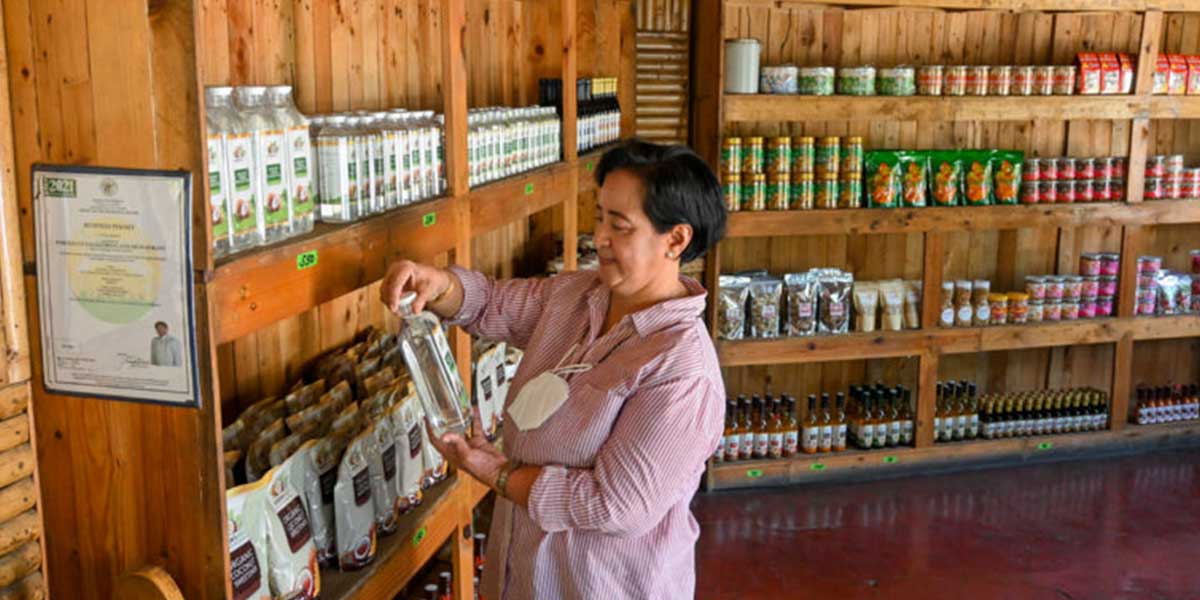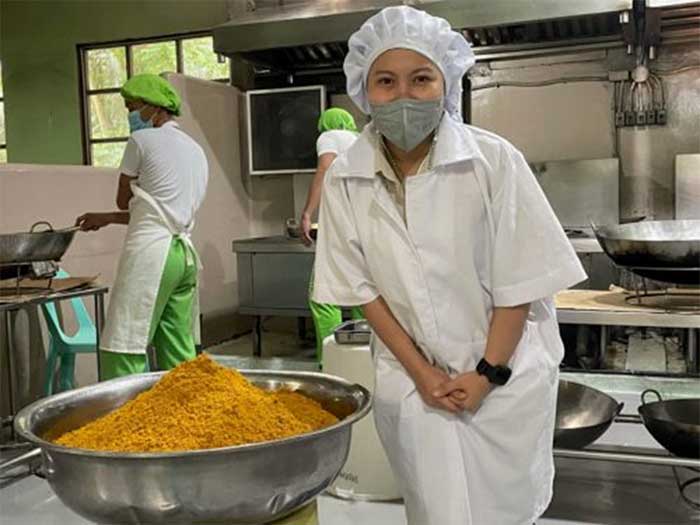
As the Philippine economy continues to gain prominence within the Association of Southeast Asian Nations (ASEAN), exporting to the European Union (EU) has brought visible benefits for exporters from the country through the EU Generalised Scheme of Preferences Plus (GSP+). This trade preference allows thousands of Philippine products to enter the European market duty-free and become available to consumers at a lower price than those from other countries.
A business that began 25 years ago with a basic manufacturing facility inside a coconut farm, today exports 50% of its produce to international markets.
Pasciolco Agri Ventures, which operates out of Quezon—the largest coconut-producing province in the Philippines—is contributing to the sustainable, economic development of their community by exporting its organic coconut products to the EU.
Some of the challenges faced by the company in the early stages of its EU market venture included meeting international market requirements, revamping production processes, and obtaining certifications.
Through the assistance of the Department of Trade and Industry (DTI), Pasciolco Agri Ventures was able to understand, revamp its production processes, and fulfil the requirements for obtaining the needed EU certifications.
Today, the company holds organic certifications valid for exporting to the EU in addition to Japanese Agricultural Standards, U.S. Department of Agriculture, HALAL, Kosher, Good Manufacturing Practice, and Hazard Analysis and Critical Control Points (HACCP) certifications.
With a 40-% increase in the company’s exports, access to the GSP+ and a growing demand for its products in the Germany, Italy, Netherlands and Spain, Pasciolco Agri Venture serves as an example for aspiring Filipino businesses at home and abroad of the benefits of the project.
Similarly, Lao Integrated Farms Inc. (LIFI) is another company that took advantage of the opportunity to participate in various international trade fairs and linked with European buyers. LIFI, which is based in the coconut-rich province of Davao del Sur, is exporting organically grown coconut-based food products such as teriyaki sauce, ginger brew, teas, and hot chocolate to EU countries.

Trainings received from DTI on export awareness, export pricing and costing, and documentation and zero-tariff were beneficial for the growth of the company creating a stable source of additional revenue of approximately USD 27,000 per month.
A new project, ARISE Plus Philippines is telling these inspiring stories of Philippine micro, small, and medium enterprises (MSMEs).
In order to create awareness about the EU-GSP+ business opportunities among Philippine MSMEs, the project will, among a range of other trade-related technical assistance activities, produce and disseminate stories featuring Philippine enterprises successfully exporting to the EU.
In addition, the Project will capacitate Philippine exporters to the EU market access and take advantage of the trade privileges granted under the Generalized System of Preference (GSP+). It supports the overall EU-Philippines trade relationship and trade-related policies.
ARISE Plus Philippines is a project of the Government of the Philippines, with the Department of Trade and Industry as lead partner together with the Department of Agriculture, Food and Drug Administration, Bureau of Customs, the Department of Science and Technology, as well as the private sector. It is funded by the EU with the International Trade Centre (ITC) as the technical agency for the project.


















